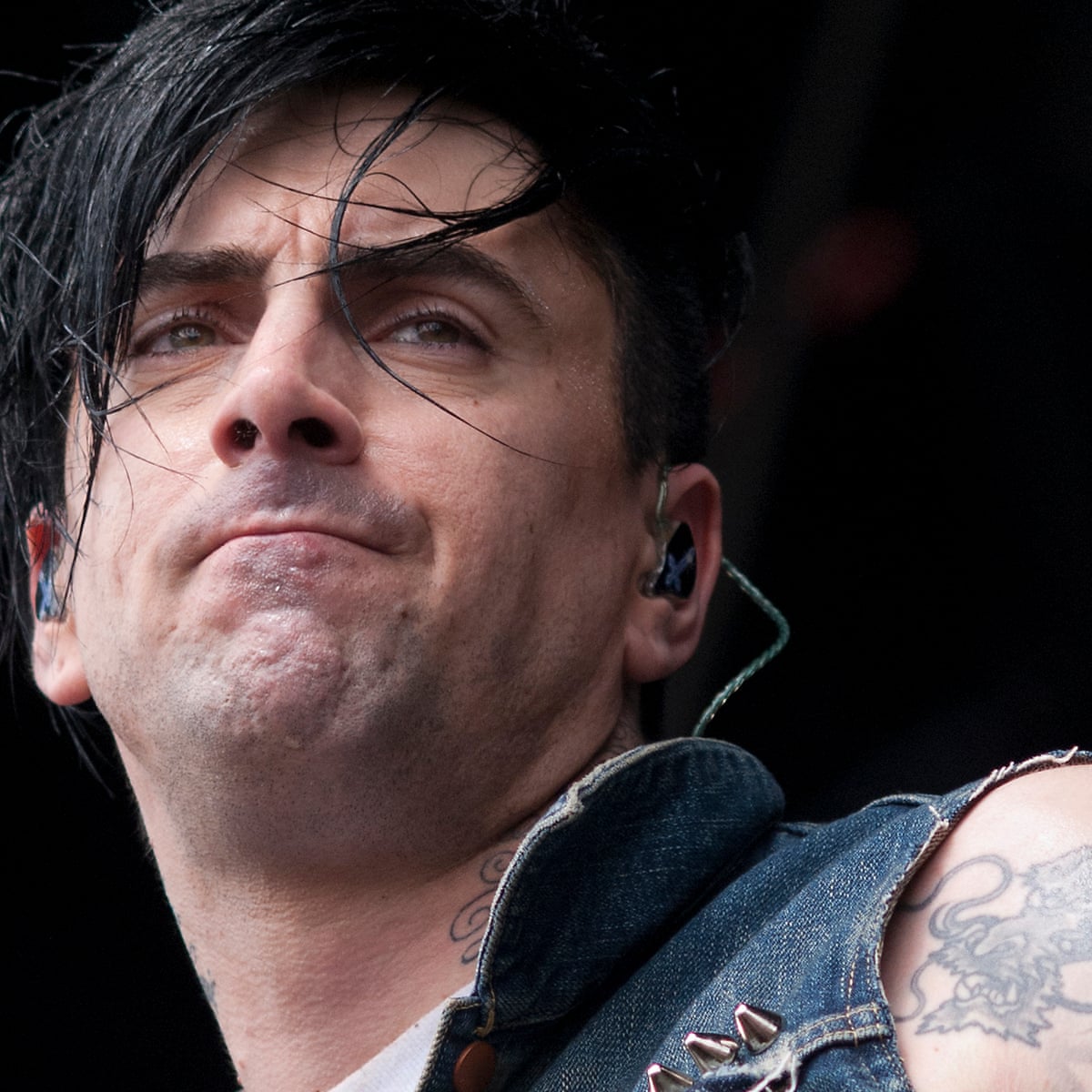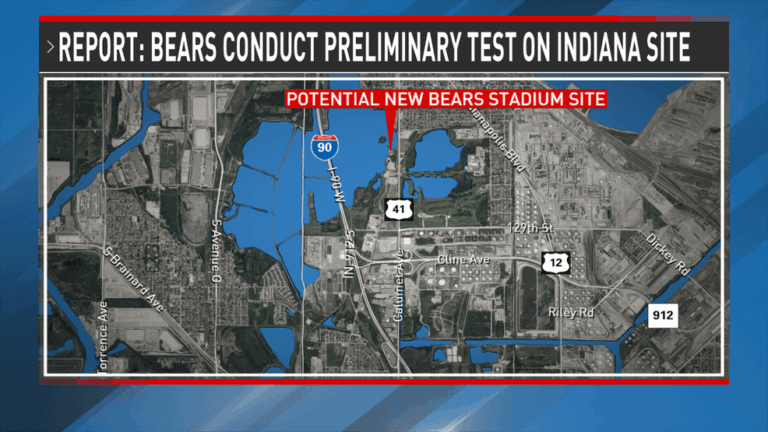The Tragic Downfall of Ian Watkins
In a shocking series of events, Ian Watkins, the former lead singer of the band Lostprophets, has been the subject of intense media scrutiny due to his conviction for serious criminal offenses. This blog post delves into the details surrounding Watkins’ case, the ramifications for the music industry, and what organizations can learn from this tragic saga.
Understanding the Ian Watkins Case
Ian Watkins rose to fame in the early 2000s as the charismatic frontman of Lostprophets, a band known for their energetic rock anthems and a considerable following. However, everything changed when allegations of horrific criminal behavior came to light. In 2013, Watkins was arrested and later convicted of multiple counts of child abuse and sexual offenses. The details of these crimes are profoundly disturbing and highlight the failures within various systems that could have prevented his actions.
The Role of Authorities
In a report published by The Guardian, it was revealed that police missed several opportunities to intervene in Watkins’ predatory behavior. This raises critical questions about the effectiveness of the child protection systems in place. Effective intervention is crucial in potentially violent cases, and the failures in this instance reflect poorly on various agencies involved.
The Fallout for Lostprophets and the Music Industry
After Watkins’ arrest, Lostprophets disbanded permanently, a decision that was met with universal agreement among the band members. The repercussions extended beyond just the dissolution of the band; they affected the entire music industry, prompting record labels and promoters to reassess their policies on artist behavior, background checks, and safeguarding measures. The scandal has served as a stark reminder of the responsibilities that come with fame and influence.
The Conversation on Artist Accountability
The complexities of celebrity culture necessitate conversations about accountability. As organizations in the entertainment industry grapple with issues such as mental health, substance abuse, and now, misconduct, creating more robust support systems for artists becomes essential. This incident has increased awareness regarding artist welfare and safety protocols, which can help prevent future tragedies.
Lessons Learned: Importance of Vigilance
One key lesson from the Watkins case is the need for vigilance and proactive measures. Organizations across sectors must prioritize safeguarding policies that promote a culture of transparency. This means having clear protocols for reporting malicious behavior and ensuring that whistleblower protections are in place. Articulating ethical expectations and fostering an environment where employees feel safe to speak up about concerns is vital.
As we reflect on this tragic saga, the discourse should center around how organizations can better protect individuals at risk, be they artists, fans, or members of the public.
Implementing Comprehensive Safeguarding Measures
Investigating and adapting safeguarding measures is essential. Companies must take a firm stance on misconduct allegations and ensure thorough investigations are conducted. Collaborating with child protection agencies and mental health organizations can fortify these efforts. Similar to implementing n8n workflows in AI consulting, businesses can automate monitoring processes while ensuring compliance with community standards. Automation can streamline reporting and enhance response times, ensuring no incident goes unnoticed.
Conclusion: Moving Toward a Safer Environment
The case of Ian Watkins serves as a somber reminder of the responsibilities that come with power and influence. It has spurred significant conversations across industries about artist accountability, safeguarding, and the need for effective intervention systems. As we learn from this painful chapter, it is essential to foster environments that prioritize safety and transparency over silence and complicity.
Adopting proactive measures, holding individuals accountable, and reinforcing safeguarding protocols can help ensure that such predatory behavior is caught early. The music industry, along with other sectors, has a responsibility to protect the vulnerable and act as a beacon for ethical practices.








